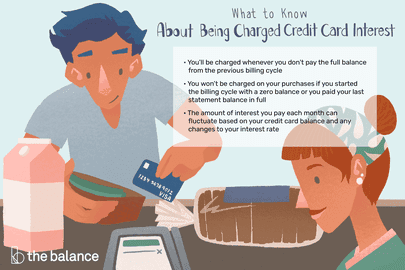
2015 is likely to be a seminal year for technology, although not all of these seismic changes will be as positive or negative as they first appear. Take the EU’s decision to introduce a cap on debit and credit interchange fees, for example, which at face value is likely to benefit small businesses and enable them to share financial savings with their customers rather than being forced to fund large merchant fees. Reality is rarely as simple as theory, however, so businesses and consumers may not find all as it seems once the change is implemented.
The Cap on Debit and Credit Interchange Fees: What can a Business Owners Customer Expect?
With this in mind, what can customers and business owners expect from upcoming debit and credit interchange fees? Consider the following: –
1. The Cap will Reduce Merchant Fees
On a fundamental level, the EU cap will reduce merchant fees from their existing level. Debit interchange will be capped at 0.02%, for example, which translates approximately into £0.08 in the UK market. Credit card interchange will also be capped at 0.3%, which means that the same rate will apply to all associated exchanges. Although each individual merchant will have the autonomy to establish their own rates within these boundaries, this at least applies a fair and transparent guideline that protects customers.
2. Individual Merchants have yet to Show their Hand
While Visa have acknowledged the cap and confirmed their interchange rates for 2015, Mastercard have yet to follow suit. Although they are expected to confirm their charges at the higher end of the cap, this underlines the uncertainty that exists in the market as 2015 approaches. This means that it may be difficult for small business owners to establish a viable pricing structure for the next financial year, although they should still be proactive and develop an overall strategy that will ultimately govern pricing.
3. Consumer Savings may be Minimal
While it may be reasonable to presume that the interchange cap will translate into huge consumer savings, there are two factors that will impact on this. The first is that interchange rates have already risen disproportionately to the average national wage, meaning that the proposed reduction will have a less dramatic effect. As a consequence of this small businesses and industry suppliers may struggle to alter their prices too radically, which in turn will mean that consumers may not immediately see the benefit. This may change in the future, however, especially if this is the first of numerous reforms that will reduce the interchange rate further.